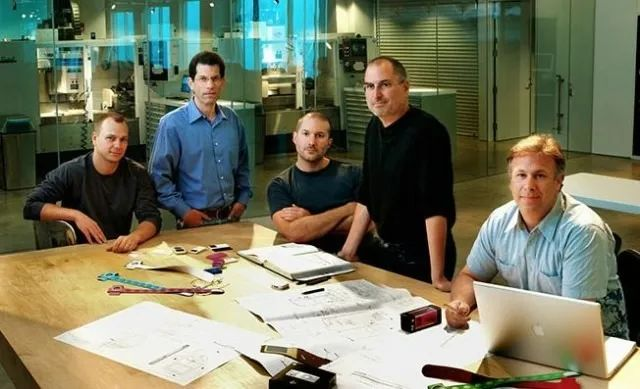
05 Tony Fadell: We wanted to create the smartphone thirty years ago!
By Wang Qilong Doing something valuable is not easy,but possible. Every developer in the world wants to create value and achieve self-realization, while some struggle with making a living and being b
By Wang Qilong
Doing something valuable is not easy,but possible. Every developer in the world wants to create value and achieve self-realization, while some struggle with making a living and being busy, some fear failure, and others are still in doubt about themselves. Tony Fadell once devoted himself to groundbreaking attempts, experiencing two unforgettable failures, but he still achieved the legendary product, the iPod.
Tony Fadell, designer, inventor, entrepreneur, and venture capitalist. Served as the Senior Vice President of the iPod division at Apple Inc. from 2006 to 2008, leading the development and design of the iPod, earning him the nickname "Father of the iPod". Also involved in the development of the iPhone. After leaving Apple, founded Nest Lab and currently serves as the head of Future Shape, a venture capital firm.
Behind the dazzling success of the iPhone, there was a rarely known attempt. It all started in 1989, when nobody was using (or felt the need to use) mobile phones. Apple employee Marc Porat drew a picture featuring a touch screen, combining a phone and a fax machine in one device. It allowed users to play games, watch movies ,and purchase plane tickets anytime and anywhere.
To turn this idea into reality, Marc co-founded a company called General Magic. The employees at General Magic included the founder of Android, Andy Rubin, and the founder of eBay, Pierre Omidyar in the future.
In that year, Steve Jobs had already left Apple, and General Magic attempted to create a smart personal communicator in an era that Wi-Fi had not appeared. This concept was too advanced to be widely accecped and lacked sufficient technological support, even General Magic couldn't fully understand it.
General Magic was Tony Fadell's first job. Thirty years ago, Tony Fadell graduated from the University of Michigan with a Bachelor's degree in Computer Engineering. After graduating, Tony found his first job at General Magic, a spin-off of Apple. Through this experience, he met a group of young talents in Silicon Valley and faced his first heartbreaking disaster of his life.
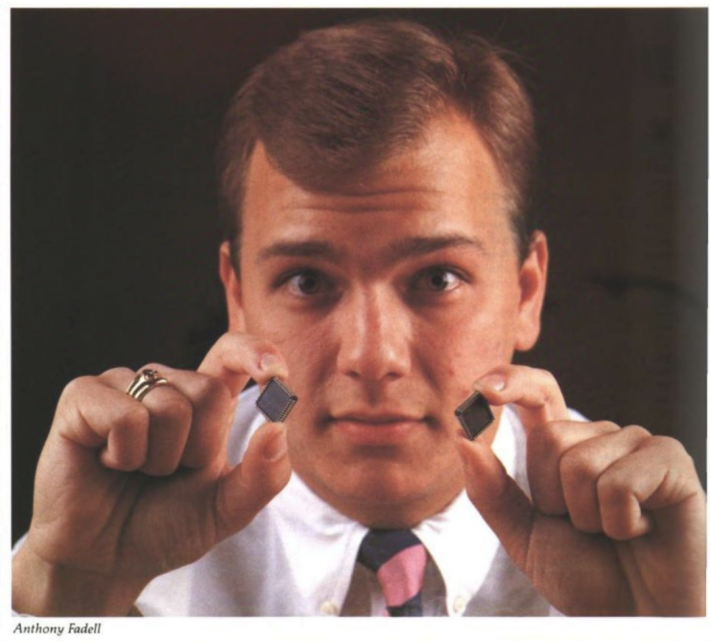
Image 1: Choosing chips for "this epoch-making attempt"
General Magic failed and Tony fell into silence, preparing for the next revolutionary change. After that he joined Philips and started to learn how to design, manufacture, market and sell things that people truly wanted in every team, every product, and every failure.
The experience at Philips rekindled Tony's courage. Tony founded Fuse, starting to research and produce digital home music and video systems that could play CDs, MP3s ,and DVDs. Unfortunately, the Web 1.0 bubble burst in 2000. The continuous flow of investor funds dried up overnight, turning Tony's efforts into nothing but illusions.
Just as Tony's startup was on the verge of collapsing, Apple was also on the brink of collapse. In 2001, Steve Jobs decided to create a digital music player to promote the Macintosh. Tony, with his experience from two failures, presented his ideas to Jobs. In October of that year, they introduced the iPod to the whole world. Tony saved Apple, which was in deep trouble at the time, through the iPod and became known as the "father of iPod".
Later, Tony began to be responsible for the development of the first three generations of iPhone and supervised the development of all iPhone hardware, firmware, and accessories. Eventually, he left Apple and became the founder of Nest, a company that pioneered the "Internet of Things", changing the world for three times. In 2016, Time ranked Nest Learning Thermostat, iPod and iPhone as three of the "50 Most Influential Tools of All Time".
Nowadays, Tony becomes an author. He has distilled his experiences and wisdom into a new book called Create: Doing Valuable Things in an Unconventional Way. In this book, the master not only writes about his leadership, design, entrepreneurship, guidance, decision-making, and the lessons learned from devastating failures, but also shares his "unconventional way" through a conversation.
We wanted to create the smartphone thirty years ago!
New Programmer: As you worked with so many talented and genius developers all over the world, who has influenced you most and who have what you think are the qualities and abilities of a good programmer or developer should have?
Tony Fadell: From a programming point of view, I specifically remembered working with someone like Bill Atkinson (the designer of the GUI for Apple Lisa computer), along with Andy Hertzfeld (a Google+ developer and an early developer of Macintosh), and Darin Adler (the technical lead for Apple System 7 operating system), and Phillip Goldman (an early Macintosh developer and co-founder of WebTV), who unfortunately passed.
Those were my real first and foremost mentors when it came to software. What was so interesting about working with them was their ability, expertise and their creation of large suites of software. And they could always think about both the user and the architecture of the software inside. They were always trying to optimize to make sure that the paths were optimal for for both execution and a machine level as well as at a user interface level. That was really important. When you're trying to make something very new.
Nowadays, there's very little new code being written. Usually you stack a lot of blocks on top of each other open source blocks, and do a lot of connecting, not necessarily creating in terms of the individual modules. Back in the day when I was in general magic, we were creating all the software because linux or unix had just started. This whole open source movement just started in the 90s. And in fact, my software programming mentors were very highly skeptical of open software. They obviously changed their mind on that subsequently years later. But we didn't use open source software. We were creating by ourselves that architecture on top of them and going back so that we get a full optimized system.
Today, too many people just take those modules and put it together and they really don't understand the code all the way down to the metal. When you especially embedded programmers today that there's still some vestiges of that. If you're on a raspberry pie or something like that, you can get down to a lower level of code to really understand the metal and how it all works together. I think that is a big difference of programmers between now and then.
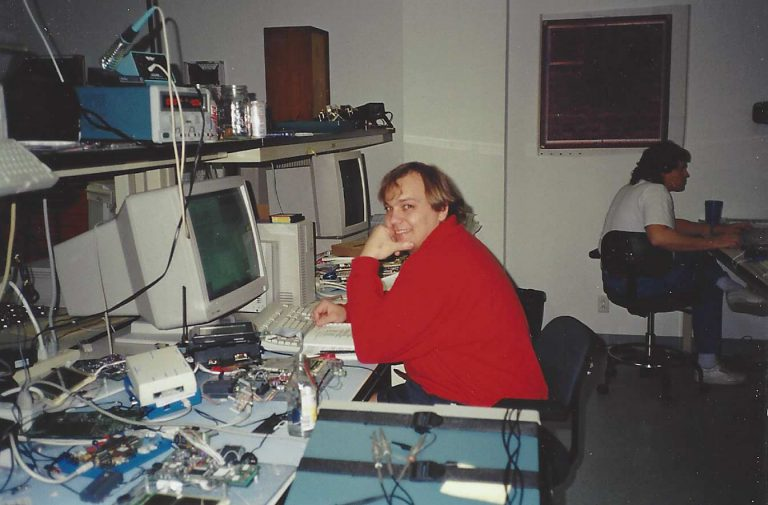
Figure 2: Tony Fadell during the busy years at General Magic
New Programmer: You mentioned several times about the General Magic, the General Magic gather so much talented people and why does it failed?
Tony Fadell: I hope that the audience will actually watch the General Magic movies, so they can get a better understanding of what happened there and why it happened. And there's a website called "General Magic the Movie" for introduction. It's in multiple languages included mandarin. I suggest people watch this movie.
General Magic once envisioned creating the iPhone 15 years ahead of time, which means 30 years ago. But at that time, the technology and society wasn't ready and people didn't find ways to build it properly. So all three of those things combined to make General Magic's failure. There were no internet and mobile data in the early 90s . And there's hardly any mobile phones. People didn't know how to download email or online shopping or online travel or down loadable games and emerges. It was on a hurdle, so even General Magic failed to recognize that the core issue was related to the society at that time, instead attributing everything to the lack of technology.
Moreover, although the processors went fast enough, but the battery endurance is not good enough. And the screens in the touch and so many other things weren't in place yet to deliver a seamless experience. So society didn't have the pain yet of what we're trying to get our painkiller to solve that. We didn't have the technology to create it well enough.
Besides that, General Magic didn't have the right process and product management and couldn't work for the users who would actually buy it. We were living in this crazy, fun sandbox, building things for the future, but not building something for the far future, nor the near future.
New Programmer: "We once imagined to create smartphones thirty years ago." Do you see this as a destiny of the innovative products and creative companies? So we can see the Bell Labs had gathered so many geniuses genius and had creatived the very great things from the 60s. But we cannot see them after 20 years. Do you think it's like a curve?
Tony Fadell: There are always early pioneers, like the autonomous driving cars. We've been talking about that for over 10 years. And we've been talking about AR or VR for sure since I've been working on it since the late 1980s. So there are always those early explorations and they're more like research. Then they are actually creating products. So you need to understand more about the future and bring it in as the technology and society is not right.
The so-called successful product is the one that can identify and solve the existing and sufficiently numerous problems in society, like when iphone was created 15 years ago. At that time, we didn't have 3G network and the screen was small. The camera was really bad . Even we didn't have an app store, but we were able to get enough of it. So people could really feel what the promise of this new device and this new technology was and said I want more of that.
So you got to find the right thing. You don't want to be too late because it means other people are already working on it. But you also don't want to be too early or you're gonna end up like General Magic. So timing is everything. Just like the ipod, the ipod started out with a hard drive, but it ended up getting rid of hard drive. The hard drives were good enough for the time, but they weren't good enough for the product and long term for mass adoption. Successful products need to be slightly ahead of the time, but not too far ahead of the market and technology.
New Programmer: The same thing that we can find is iPhone, as you just mentioned. Many people now feel that the innovation of the iPhone is lackluster and increasingly devoid of surprises. Do you think it goes like that? How do you think the current iPhone? And are you still a iPhone user today?
Tony Fadell: I'm an iPhone user but I have an iPhone12. I don't have a iPhone13 and I'm not gonna purchase a iPhone14 because I care about the new features in the new product. But I can only get the new software upgrade. If we look at laptops, we will decide if to change it for a long time. And we don't get a new laptop every year because the technology once you get up the technology curve, it only changes so often.
When it comes to iPhone, I think we don't always need to get the latest and grace because no one else can tell the difference. Having an iphone was not a status symbol, and nobody really cares ihaving an iPhone12 or 14. And we saw it with laptops, so I believe they're invading on different things.
But this is just the normal curve of technology and how it goes. We're not saying the death of laptops is happening. So the same thing that's happened in those markets with those products is happening in cell phones now and I think that's very healthy because that shows that we are really these products are becoming incredibly prevalent of commodity and that we all need them and we have really is wrong out all the technology we possibly can. The only thing we're seeing now truly different is rolling screens. It's the jury still out on that to see if that really makes a lot of sense. I think it's neat trick.
Ultimately, from an innovative perspective, I believe there is no issue with the current level of mobile hardware. Because for present users, the most important aspects are always software and network.
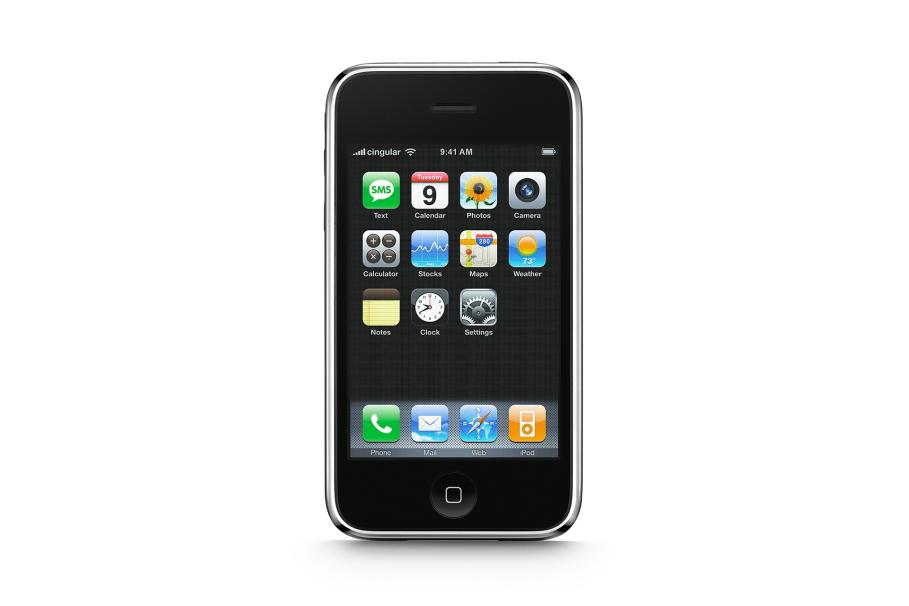
Image 3: The iPhone that was almost "created ahead of its time"
New Programmer: Another thing is about the concept of "the maker" proposed by mister Chris Anderson, and several years ago we see a lot of the news startups and creating the new hardware products. We can figure out that we always see the the products are fake demands, something that instanding themselves. How do you evaluate whether hardware product is a real demand of fake demand?
Tony Fadell: First of all, I think you don't know it until you have to ship it. When you do a version 1.0 it is better to be differentiated from everyone else. And not just the product, it's also the market retail, services, financing, and business models. There's so many places to innovate and It can change the user experience. Obviously you have to innovate on the product and have something really great. But this is really a rebuilding of the entire mobility space. Make sure that when you go for it, look at all the different ways to innovate, not just the technical ways or the product focused ways.
Going back to the era before the birth of iPhone,people carried mobile phones, stuffed portable music, and video players in their pockets. They also carried laptops in their backpacks for work and internet access. In those times, if someone wanted communication, entertainment, and productivity, they had to carry three different devices. The success of the iPhone lies in packaging all these functionalities into one portable product. People often have difficulty recognizing their own needs, and the failure of General Magic can be attributed to society not yet realizing the need for an iPhone. Identifying the needs of users is what a company should strive to do.
New Programmer: Is this the same methods that you're creating the Nest Labs? So you don't knowif it can success or fail the first day.
Tony Fadell: Yeah, we sold out the Nest product on the very first day and I think it lasted for 2-3 years. That was a very good indication that we had a strong resonance with the target audience. And that audience number was very large. You have to do the same thing, maybe you can do it through crowd sourcing or doing something like the Chinese equivalent of indie where you try to pre-sale product and see how people react to it. You can get some early customer reactions through that ways.
However, it is also important not to keep people waiting for too long. It is crucial to officially release the product so that the company can truly assess whether its marketing and all other forms of communication are sufficient. It is possible that there might be a high demand leading to long customer queues, but only in this way can effective feedback be obtained.
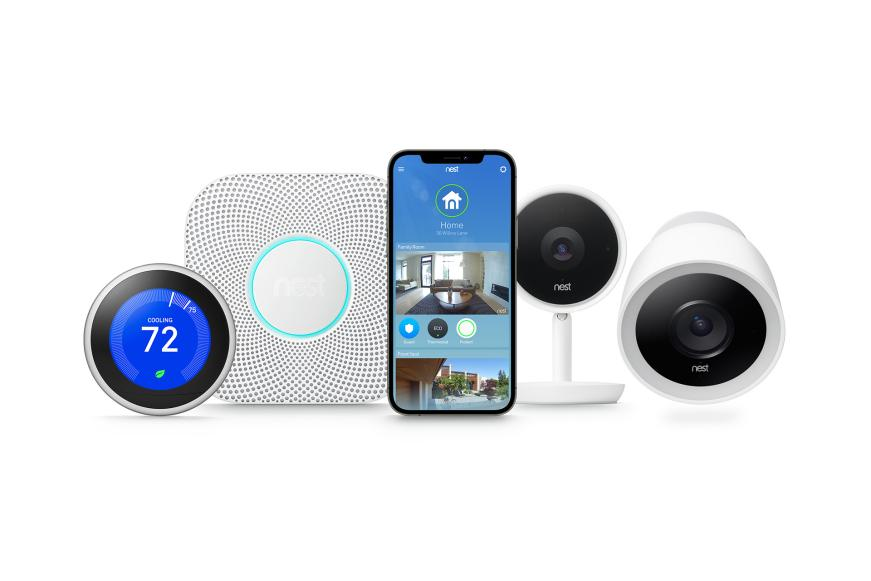
Image Four: Nest revolutionizing the "Internet of Things"
Passive people will never learn anything
New Programmer: In china, the developers are always facing the dilemma of being a manager or choosing to keep doing the developing jobs. What do you think about this? And do you have any suggestions to those who have this problem?
Tony Fadell: I think it's really about your personal motivations. For me, I stopped coding and programming. After I left General Magic, I had ideas for products and for user experiences. And I realized that only by becoming a management team can one fully implement their ideas. Frankly, It wasn't until I stopped working with the talented people at General Magic that I began to realize I wasn't a great software programmer myself. And so that lead me led me to believe wait a second. I have great ideas about how to code, but I also I think out better ideas about how to create customer experiences. So that's where I leaned into working with sales and marketing, product management and really building designing products at that level and not worrying about all the software architecture and doing that.
So I think you need to go and see what motivates you, and if you're just going for titles and money, that's not gonna be fun. You can be very influential and very important in an individual contributor without having to be a manager. Andy Hertzfeld and Bill Atkinson were more like team leaders than they were managers. They would inspire the other programmers around them, but they were programming 95% of the day and they weren't managers as we think of them.
There are always many people who believe that becoming a manager can change many things. However, once you become a manager, you are likely to stop programming, just like me, and deepen the gap between yourself and the engineering team. In short, sometimes you can also try to become a leader of the team instead of transforming into a manager.
New Programmer: That really makes sense. So another question is about making decisions. You made a lot of decisions in your work eventually for the when to live or when to stay. Can you give some suggestions to any other developers about this? So when they need to stay in the company or when is the time to live?
Tony Fadell: The firdt thing that I have found and this has been eroding in various parts of the world is the lack of dedication to a project. In other words, my point is not when you start a project, but when you're in that final part of the schedule, you need to see it through. Even if it's hell, you need to be there and deliver what you committed to delivering. You chance can't get up and walk away with 5 days to go or 30 days to go. Because it's not about the company you're working for now. It's about the relationship of the other developers around you and how they're going to judge you if you walk away and leave them and alert, so they can't get their mission done. They can't hit that milestone. You really have to understand when you're getting close to miles to big milestones key times that you stick it out and then you go through that milestone and then re-evaluate if you should be there after you get through it more or less successfully.
So don't go quitting anytime when there's a deadline in head. That is the wrong thing for the project, wrong thing for your reputation as well as how others will see you as a person they can count on because these projects are hard. And they wanna make sure that they have teammates they can count on when getting rough. You have to stick it through.
So when you choose wisely but make sure you have your eyes open to not just the the task you're doing, but the market you're going into, the people you're working with and the process that's going on. Believe in the mission, not just in the money you're getting each week and I'm gonna spit something out by coding it up. So you really have to you have to believe in what you're doing and the other people around you because those hard times come and you need to stick it out.
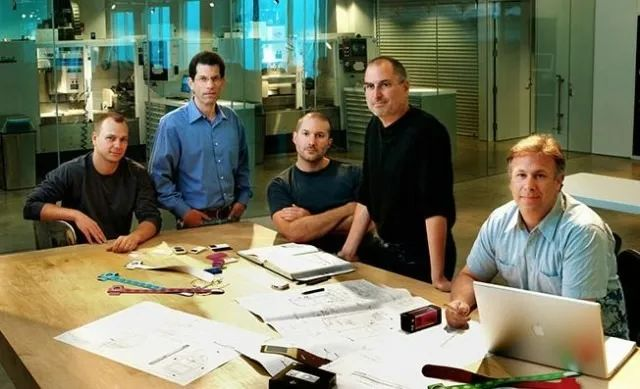
Image Five: Tony in Apple
New Programmer: But sometimes a company has dozens and hundreds of people, and a project can have hundreds of people. So not everyone are the decision makers, how the common fellows have this mindset.
Tony Fadell: First of all, I was the lowest paid person in the engineering when I was at General Magic. I was at the bottom writing for the key programmers. They will make requests repeatedly and sometimes reject the code I wrote. So I walked up to them and asked them like why are we doing this? Tell me more about this. How does the architecture of the system work?
Shouldn't we keep asking questions just to be inquisitive? It's not just about the job that you're getting done, but is about what are you learning? And if you can't get people around you to help you learn and to help grow, then you're already stagnating. So it's about having those conversations and getting outside of just your execution oriented box and trying to be much more in the asking the why. Why is the product or market like this? Why should we use this piece of code? By asking others for their perspectives, we can learn new things. Without learning, there is no growth, and we lose out on the joy of our daily work.
New Programmer: So since you have resisted microsoft operating system for so many years. How do you feel about the changes that it has made in recent years? Are they more and more open or something?
Tony Fadell: I think that if you look at what the Microsoft had done, you can find that they truly invaded their invading in new ways, not just being a fast follower. Windows was a fast follower in many ways to the mac in the past. And they just operated a better business and go to market strategy focusing on businesses as opposed to focusing on consumers. Now they've found new ways to focus on consumers in business as well as their service products. With look at hololens, they're continuing to invest on that. Those are true innovations. They're genuinely expanding their influence and it is important to note that Microsoft has significant transformations over the past 15 years.
New Programmer: You mentioned that in your book that the mentor has had played an important role in the growth of the per of the developer. So any other important points that for the personal growth and personal improvement? And how do you think we can finding those people to become our mentor or how we can recognize them?
Tony Fadell: If you want to find a mentor, it is best to work with a team that you truly admire. Because this team must have created something inspiring or something that feels like it is changing the world. After finding a team that you admire, naturally you will start to think "how did they do it?" If you can work with people you admire, you can learn from them and find your mentor in the process. Experienced developers will see their world in different ways, and their perspectives and approaches to projects will be very different from others. What you can learn directly from people will definitely be more than what you can learn in school or from open source websites.
Changing the world always entails risks and failures
New Programmer: So you mentioned in your books that the birth of ipod was to selling the macintosh computer. This decision was made by Steve Jobs and
it's proved to be a bad decision. So does he have ever made any other bad decisions? What are your feelings about this? How can we learn from failure to gain experience?
Tony Fadell: We all make bad decisions. I'd say that Steve made 50% bad decisions. 50% of his decisions were bad when it came to products. There's so many failed products, but the ones that were successful were really successful. So we all have to understand we're going to take risks and especially we're trying to change the world. He learned from those mistakes and moved on to create things that really truly change the planet. But if you don't make mistakes, you're not trying and taking enough risk to be a fast follower instead of a leader trying to make change.
As far as I'm concerned, leaders are not afraid of failure. If you want to truly make history, it is inevitable to encounter failures. And we should all remember that we did the same thing on Nest Labs as well. It took 3 generations of Nest to actually figure out the formula. We didn't get everything right with the first generation or the second. But we started to get very close in the third. And you can only do that by shipping, failing in some respects and learning , then improving the next generation of the problem.
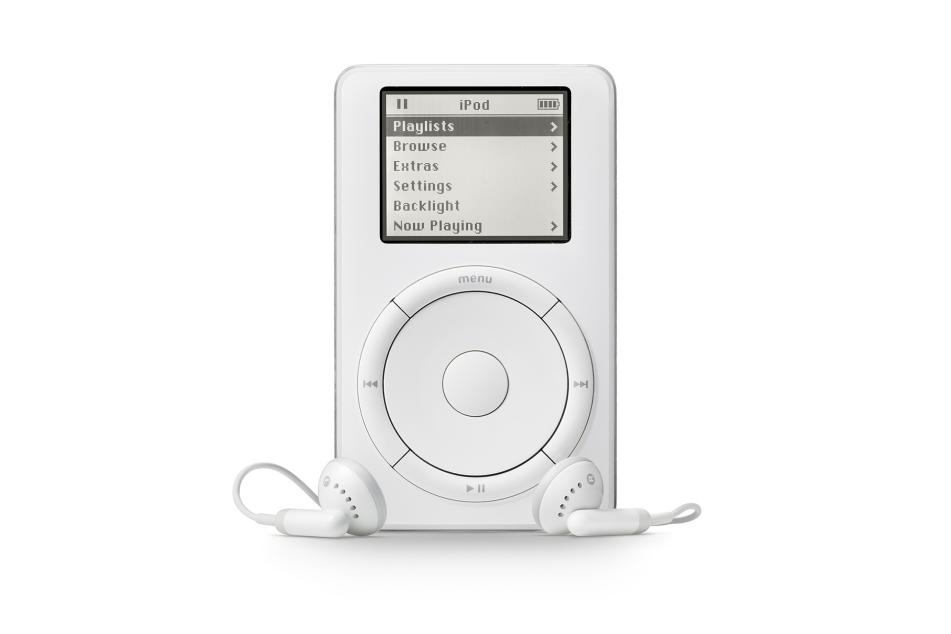
Figure 6: iPod no longer shining
New Programmer: So you worked in many companies and let's talk about the corporate culture. Can you share something about your thoughts about the different companies have different corporate cultures like google or apple or phillips? And what's the difference?
Tony Fadell: I think the first thing is if the leaders are willing to take risks for innovative. Usually, a product needs to go through three versions to succeed: in the first version, whether it is software or hardware, it needs to find the fit with the market and test whether the creator's intuition is correct; in the second version, it starts to improve the product based on the original version and seeks its commercial value; The final version of the product is to truly achieve business goals, complete interactions with all customers, provide satisfactory service and retail to customers.
And Phillips wanted everything to be successful at the first try. Google was all about making cool stuff, but if it wasn't a success on the first try or the second try, they would give up. Apple was all about what the vision is and keep working on it. It's going to be hard and we're going to lose money. Then by the third time, we'll see if we really understand what we're doing. So you really have to understand leadership. There are risk, appetite and their ability to understand the difference between opinion based decisions and data driven decisions that is when you commit to doing something really revolutionary. It takes several years before you see if it really make differences, and it's not gonna change the world in the first year.

Image 7: Tony Fadell with the Philips Velo developed by Philips.
New Programmer: You mentioned in your book about the Google providing the free snacks for all the employees and turn up many employees taking the food home. Do you think it is caused by the corporate culture or just the nature of humanity?
Tony Fadell: First, it's human nature. If you're given something free for long enough, you believe it's an entitlement, and it's free and nice. But what do you mean? That's what I counted on. People have to be understood and set expectations. That certain things are not going to happen all the time and too many people think it's always gonna be that way. So there's a blend between company direction as well as what you're giving the employees.
If we look at what's going on, especially in this financial climate that we're in, so many people are cutting back extra employees, cutting back all these extra projects and cutting back all these perks because they swung the pendulum. There's infinite money and there's infinite time and we can do everything we want as opposed to being balanced. Think about your diet. If you overeat every day, you're going to get fat and lazy, not be healthy any more. Sometimes it's better to just stay within the zone.
The same thing goes with a healthy company, just like a healthy person or a healthy team, you have to make sure you stay within that zone, not too corporate driven or too employee driven. It's going to be somewhere in that zone and setting expectations that it's not always gonna be like that, especially in hard times. But don't go crazy when it's really great time. Because what as we're now seeing a great times don't last.
New Programmer: Based on your understanding of Chinese developers, do you have any suggestions for Chinese companies about how to form a corporate culture in their company, especially for the asian people are not a good self expression.
Tony Fadell: I think at the end of the day, the companies in China even going to have a much more bottoms up and tops down culture too many times. I've seen this because of coming from a manufacturing point of view, it's like we'll give you the steps and you have to do them and you do them over and over every day. We will manufacture these things when your creation is not manufacturing. And you have to have a different mindset.
That's not how this works, especially if you're going to be a innovator and not just a fast follower. If you want to be an innovator and truly change things like we saw what Wechat did and TikTok had done, it's about understanding a culture of creativity, not a culture of manufacturing or just process driven cogs in the machine. So you need to think that way and you need to create cultures that way if you really want to innovate and not just copy.
New Programmer: Any other things that you would like to share with Chinese developers especially in the hardware area.
Tony Fadell: I greatly admire the hardware developed in China because of its well-established industrial machinery, clear workflow, numerous suppliers and manufacturers, and the capability to create various small parts or components. Silicon Valley no longer has this feeling, as most innovation shifted to Asia more than twenty years ago. The ability to control and allocate such resources in China is astonishing, and China has a strong geographical advantage, allowing people to work with the actual creators of these wonders from nearby buildings or cities. I believe this is something engineers and developers should cherish because most places in the world do not have this luxury.
Besides that, I mentioned culture. China has a long-standing tradition, and failure is viewed as a bad thing in traditional culture. When I was in school, I was also taught that “failure is dreadful” because we couldn’t afford to fail an exam, or else we would face dire consequences. However, if a person is always in the unknown, they cannot find success. That’s why the best leaders, especially those I have met and worked with in China, understand how to learn from failure. Their failures are often not due to a lack of effort or execution, but rather because their ideas were flawed. By analyzing their failures, they can identify the flaws in their ideas and find the right direction.
New Programmer: The Chinese developers are always so concerns about make a living. Even though some people want to change the world or want to have a higher vision.
Tony Fadell: I failed for 10 years, as you can read in my book. I was learning the entire way and it wasn't the end of my world. It only made me get more emotional, more intense and more learning to get that knowledge ladder built so that I could ultimately look down and understand all the pieces. Now I understand what I'm doing. So don't fear failure. Sometimes you really have to embrace it. And if you don't have butterflies in your stomach, you're not either trying hard enough or you're not paying attention.
更多推荐
 已为社区贡献7条内容
已为社区贡献7条内容

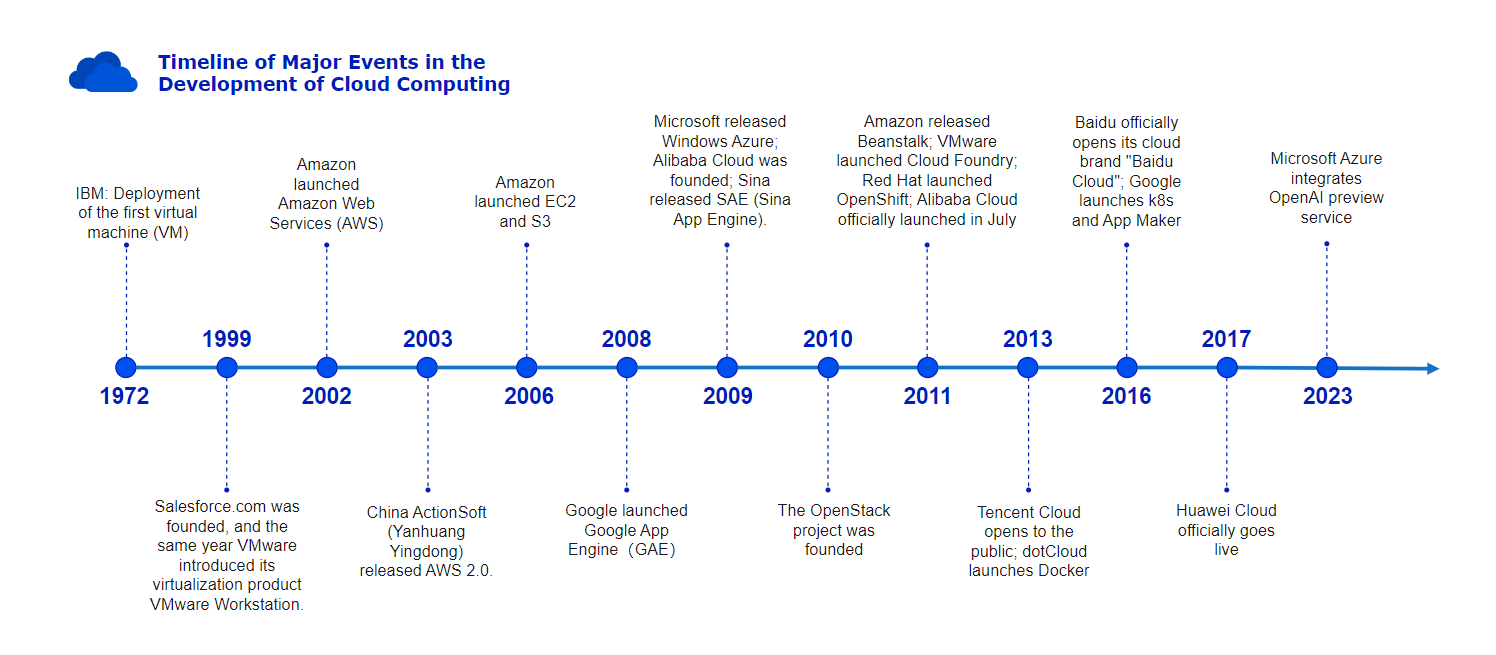
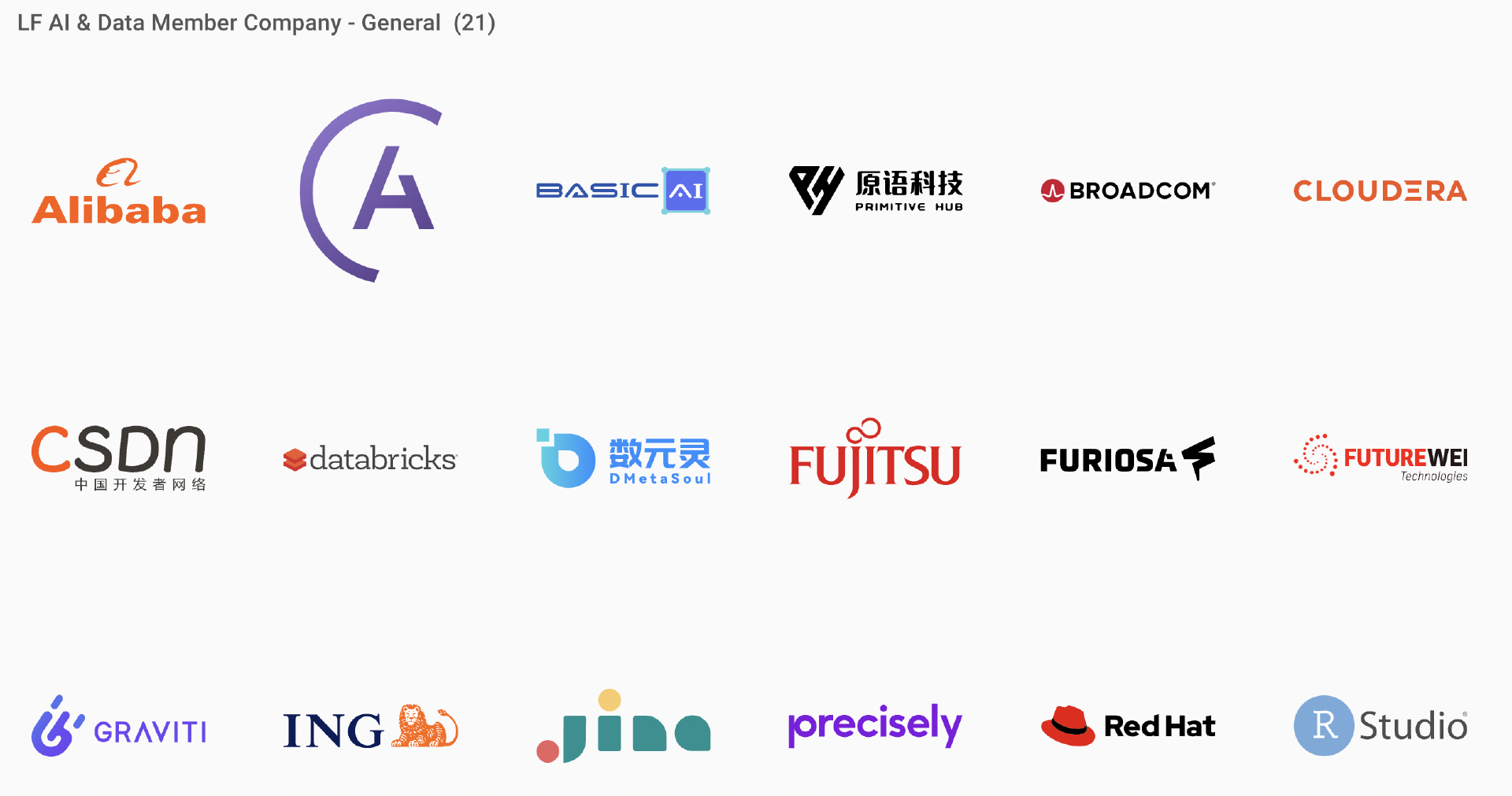
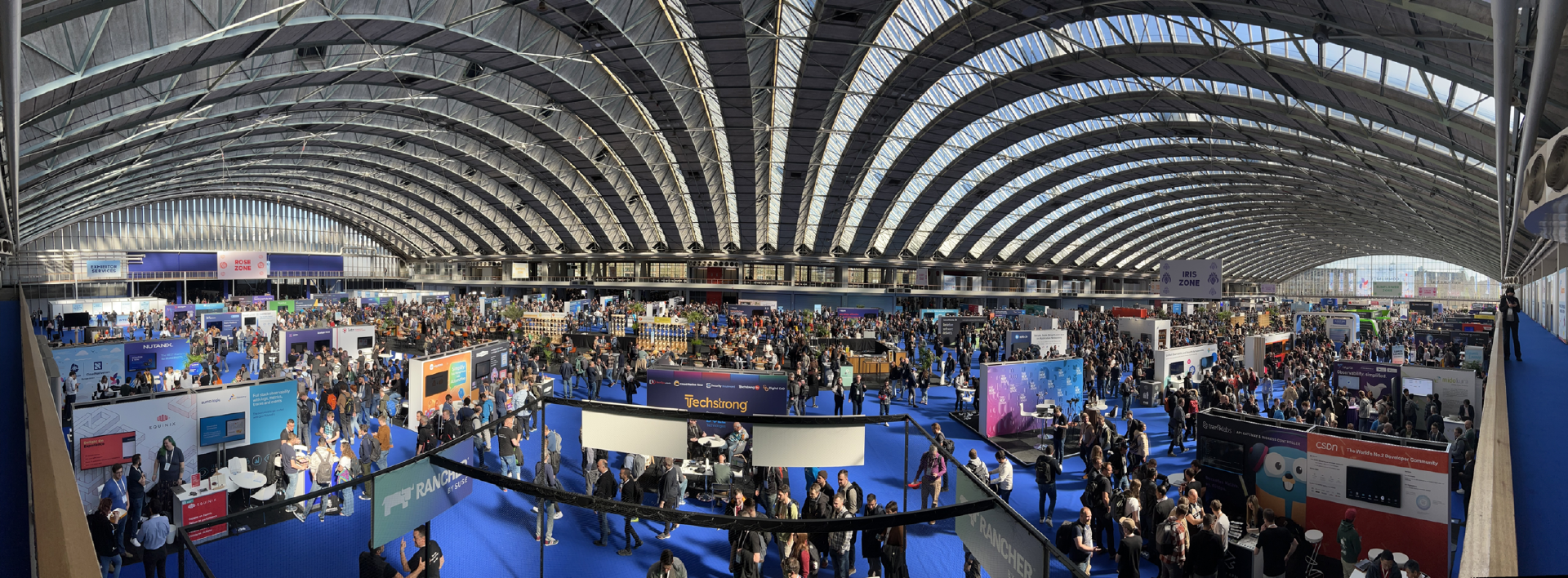





所有评论(0)